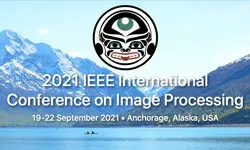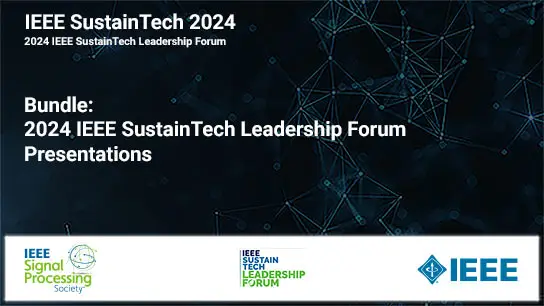Learning-Based Light Field View Synthesis For Efficient Transmission And Storage
Abrar Wafa, Mahsa T. Pourazad, Panos Nasiopoulos
-
Members: FreeSPS
IEEE Members: $11.00
Non-members: $15.00Length: 00:06:50
20 Sep 2021
One of the main advantages of Light Field (LF) technology is that it provides a truly immersive experience, critical for computer vision, autonomous driving and medical applications. However, one of the main problems of light field is the size of the data captured, which significantly increases bandwidth requirements. In this paper, we introduce a learning-based LF view synthesis approach for efficient transmission and storage, fundamental for performing remote surgery and storing data. This is achieved by dropping specific views at the transmitting end and then efficiently synthesizing them at the receiver end. Our deep learning approach uses the epipolar image plane (EPI) information to ensure smooth disparity between the generated and original views. We consider plenoptic, synthetic LF content and camera array implementations which support different baseline settings. Experimental results show that our proposed method outperforms state-of-the-art light field view synthesis techniques, offering improved visual quality for the generated views.



